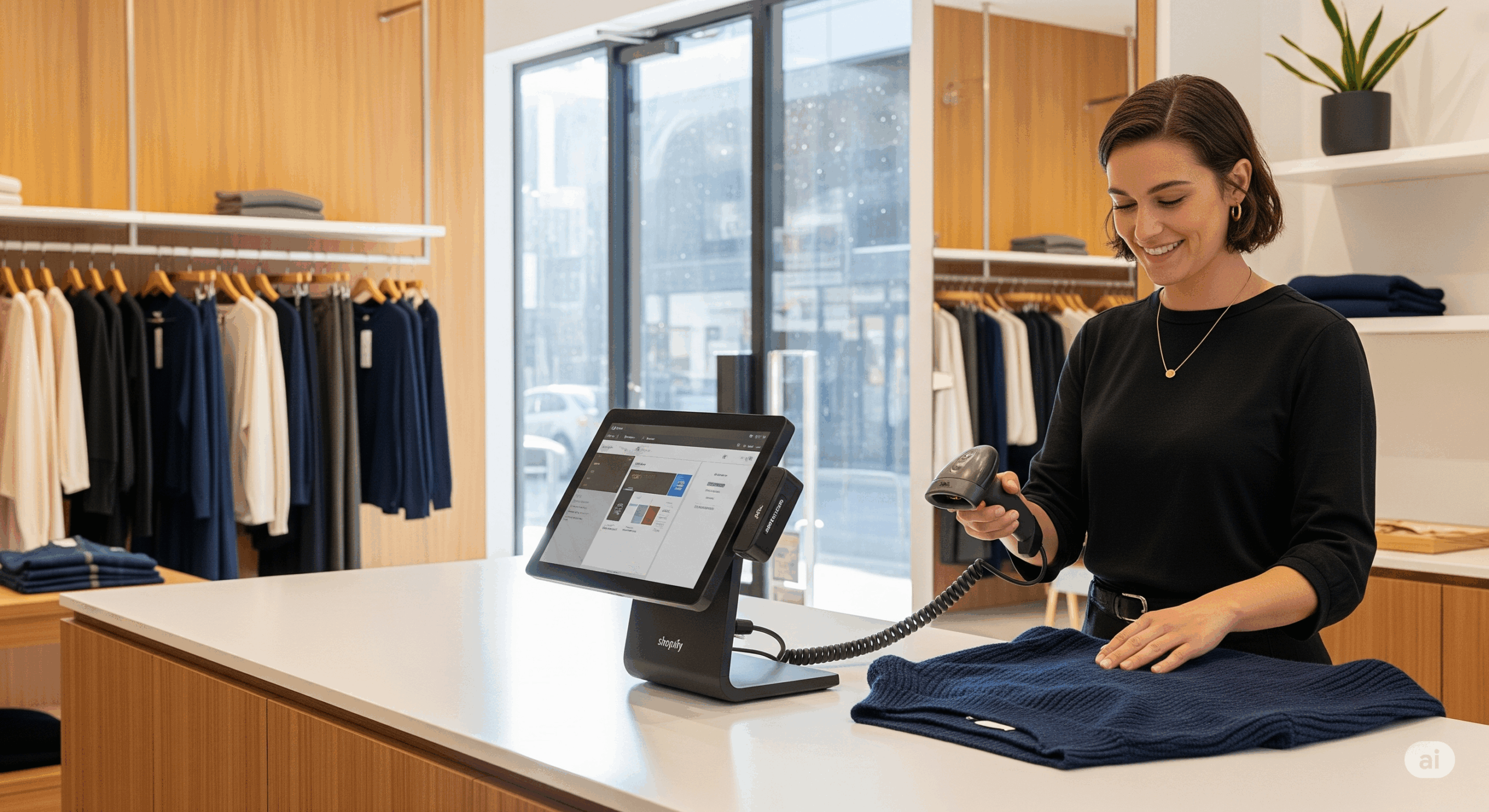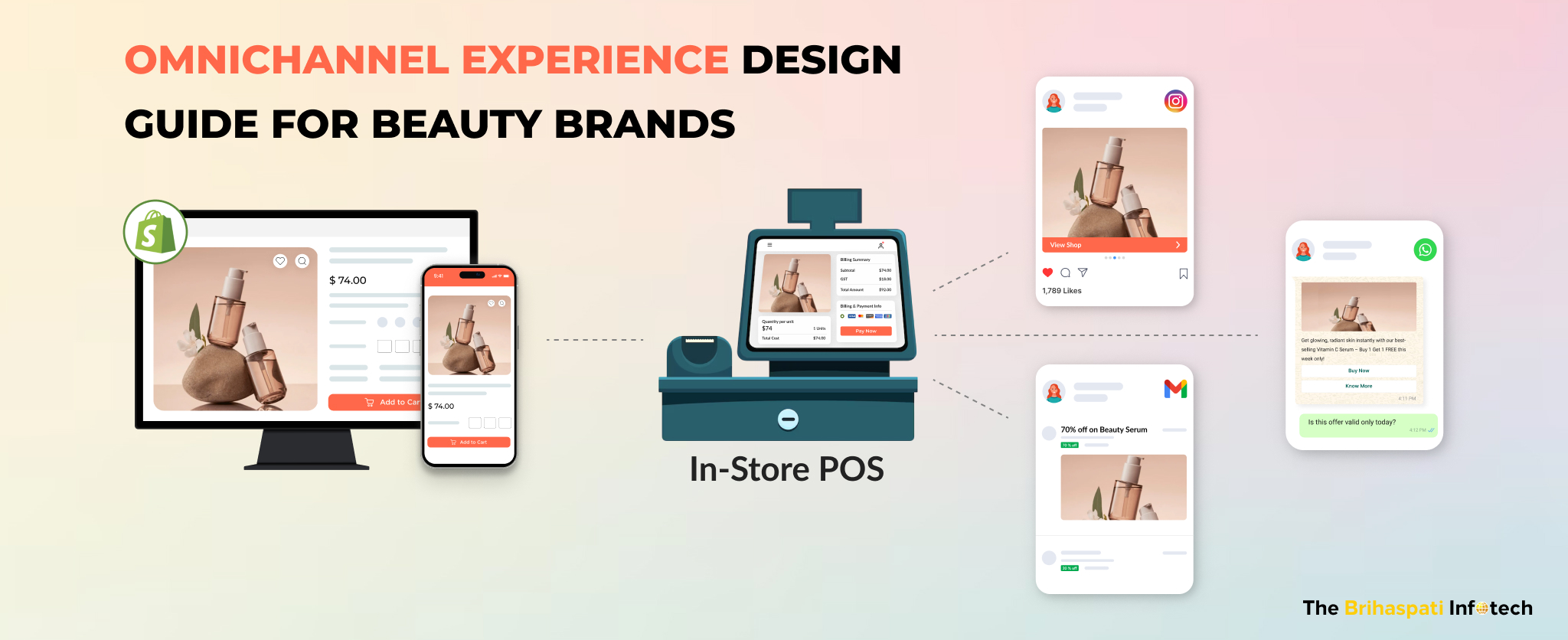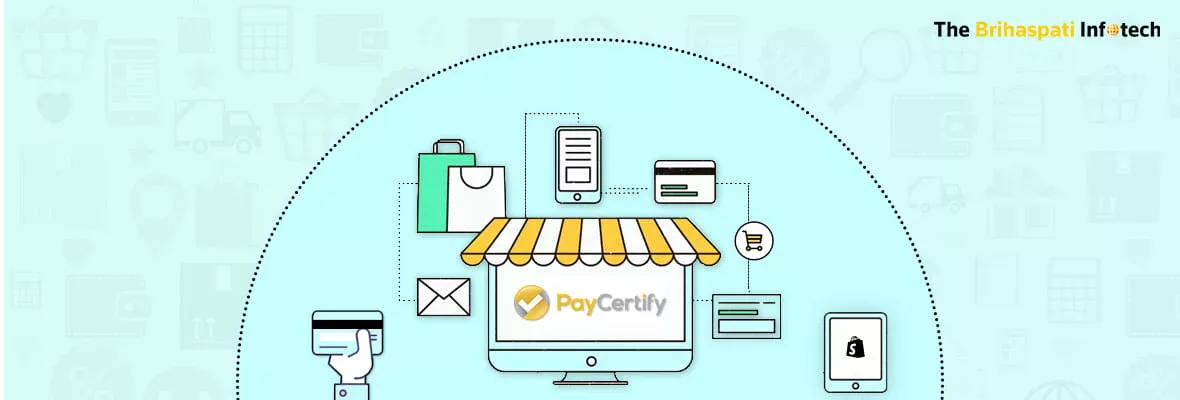
Shopify Custom Payment Gateway Development for PayCertify
This blog was updated on 15th January 2025 to include Shopify development challenges and valuable answers to some commonly asked questions.
With a user base of over 600,000 businesses in over 175 countries and being the preferred choice of Red Bull, Nestle, Kylie Cosmetics, and others, Shopify is one of the most successful CMS solutions to run eCommerce stores.
Being an economical, easy-to-use, and self-hosted CMS, Shopify allows merchants to build professional eCommerce websites in minimal time. Then again, if the need for tailor-made solutions arises, a vast community of Shopify developers is available for building custom solutions backed up by a secure online payment method at all times.
Irrespective of the CMS, an eCommerce website needs to handle several transactions each day. You have an option to use the default Shopify payment gateway, but it may restrict your users and store to selected options only. Apart from it, you may have to pay an excessive transaction fee and adhere to product terms and conditions.
The need for Shopify custom payment gateway integration
Shopify fulfills this need through its own online payment method called “Shopify payments powered by Stripe”. Additionally, there are around 1000 payment gateways available to merchants in the Shopify admin panel.
However, not all payment methods work in every country. For instance, “Shopify Payments” works only in the United States. Due to similar restrictions or in many instances high transaction fees, merchants do not find a compatible payment gateway for their stores. This creates opportunities for local online payment gateway services that don’t have any out-of-the-box Shopify solutions. This creates opportunities for local online payment gateway services that don’t have any out-of-the-box Shopify solutions. Getting a Shopify-based custom payment gateway developed from a technology partner makes it easy for merchants to integrate their Shopify store and offer payment options through the payment gateway.
Being a reputed Shopify development agency experienced in implementing Shopify custom payment gateway integration, we aim to clarify the process that lets local payment gateways set up custom payment methods for Shopify merchants.
As a bonus, we will also share our experience in assisting “Paycertify” payment service providers in developing a custom Shopify payment method.
In addition to it, we have also integrated a gateway with the Cryptocurrency Payment Providers like Utrust, where the merchant can accept crypoto currency. Our solution works for all the different types of Payment providers.
How to add custom payment method in Shopify
There are two ways through which one can integrate custom payment methods in Shopify.
i. Using Shopify Hosted Payment SDK
Shopify provides its Hosted Payment SDK to integrate a hosted payment page with Shopify checkout. All Hosted Payment SDK integrations use a full-page redirect on the payment step.
Pros: Through this approach, the custom payment option is hosted with Shopify and gets listed in Shopify’s list of payment gateways for all Shopify merchants.
Cons: Access to the Hosted Payment SDK is limited and the payment gateway provider needs to fill up and submit the Shopify Hosted Payment SDK Request Form to be considered for approval. The Shopify team takes around 30 days to review the request depending on the submitted form.
A recent update on Shopify Hosted Payment SDK Request Form: Shopify isn’t accepting responses using SDK Request Forms anymore. As a result, developers can no more request the ecommerce platform to host their payment gateways on Shopify’s server.
That leaves developers with just one option:
ii. Manual Integration
The workaround, that is adopted by a majority of custom payment gateway providers is by manually hosting the app on their own web server.
Pros: This approach does not need Shopify hosted payment SDK or any post-development verification by Shopify. Virtually any payment gateway provider can hire Shopify developer and set up a custom payment method.
Cons: The manual Shopify custom payment gateway integration process means the application is not hosted by the ecommerce platform. In other words, the application will need to be marketed by the payment provider himself.
Additionally, Shopify doesn’t allow an app to make additions on its checkout page without the consent of the merchant using it. Hence, to make the Shopify custom payment gateway option visible, the merchants will need to perform an extra step (in most cases adding a custom script provided in the application documentation) that authorizes the application to enhance Shopify’s default customization process and become visible in the available payment options list.
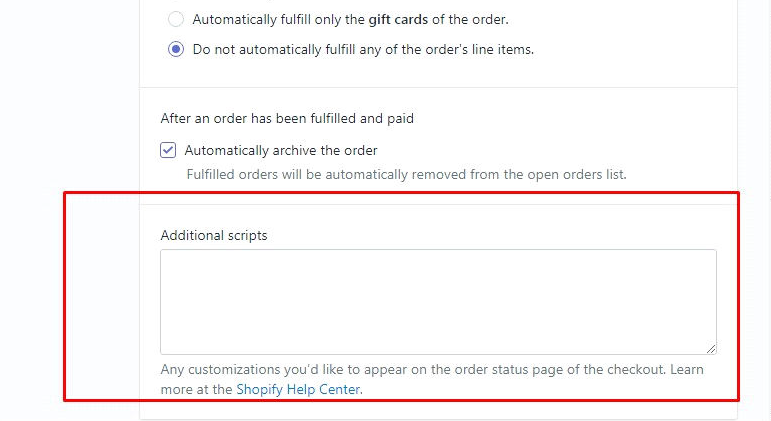
How secure are self-hosted payment applications?
Self-hosted payment applications (if done) right are as secure as a payment application hosted by Shopify. The Shopify custom App development team at The Brihaspati Infotech always use full-page redirect that allows the payment processor to handle security and encryption at the time of payment. Besides this, we use Shopify coding standards and server security best practices to keep both application and the hosting completely secure.
This way, we never store any client-sensitive data such as Card details, Passwords etc, in the website, hence not allowing any chance to hackers compromising customer data.
Developing Shopify custom payment method for PayCertify
One of our most recent experiences had us working as Shopify solution provider for PayCertify a secure and reliable merchant payment service that provides unique features such as :
- Customer identity validation.
- Fraud detection and prevention.
- Auto Void, refund, and cancel payments.
- Alert and Chargeback management.
We followed the manual approach that involved self-hosting the application code on the client-server.
The Shopify custom payment gateway development involved:
i) Building a custom user interface for Shopify merchants to manage their PayCertify accounts.
Utilizing Core PHP and HTML, we built the merchant dashboard. Once compiled as a Shopify application, the dashboard (hosted on the client’s server) is called into the application container through an Iframe. This way, merchants could access their PayCertify account options within the Shopify admin panel.
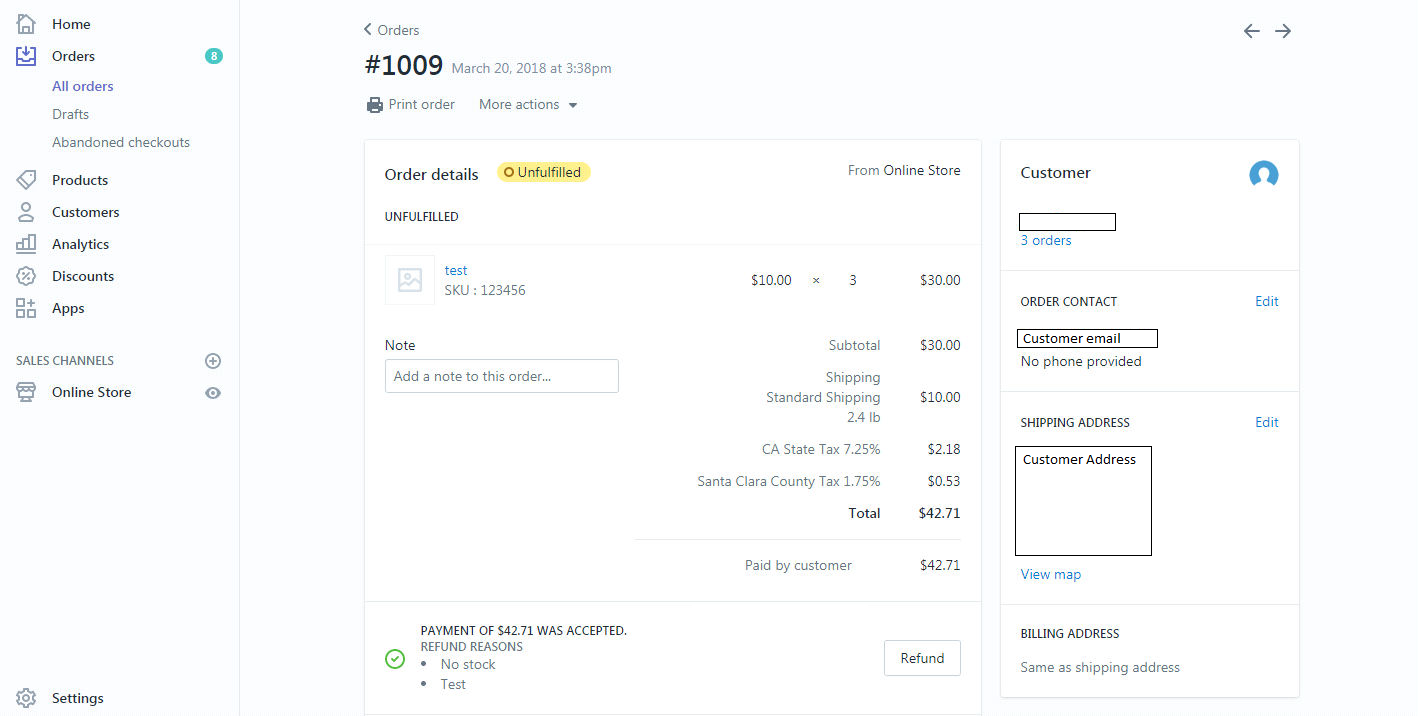
ii) Building custom payment interface visible to the buyers
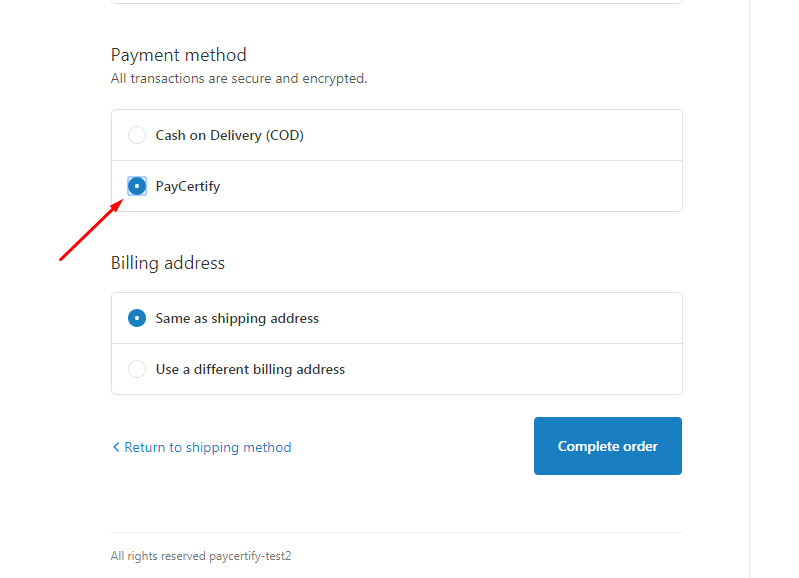
Once done, the application redirects him to Paycertify’s server for making the payment.
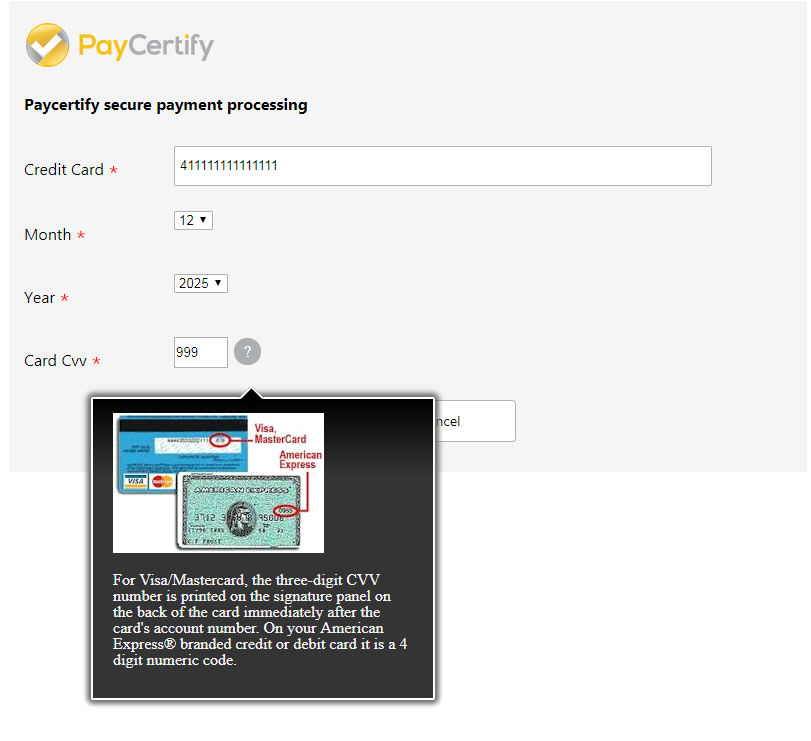
For Utrust, the application works like this -:
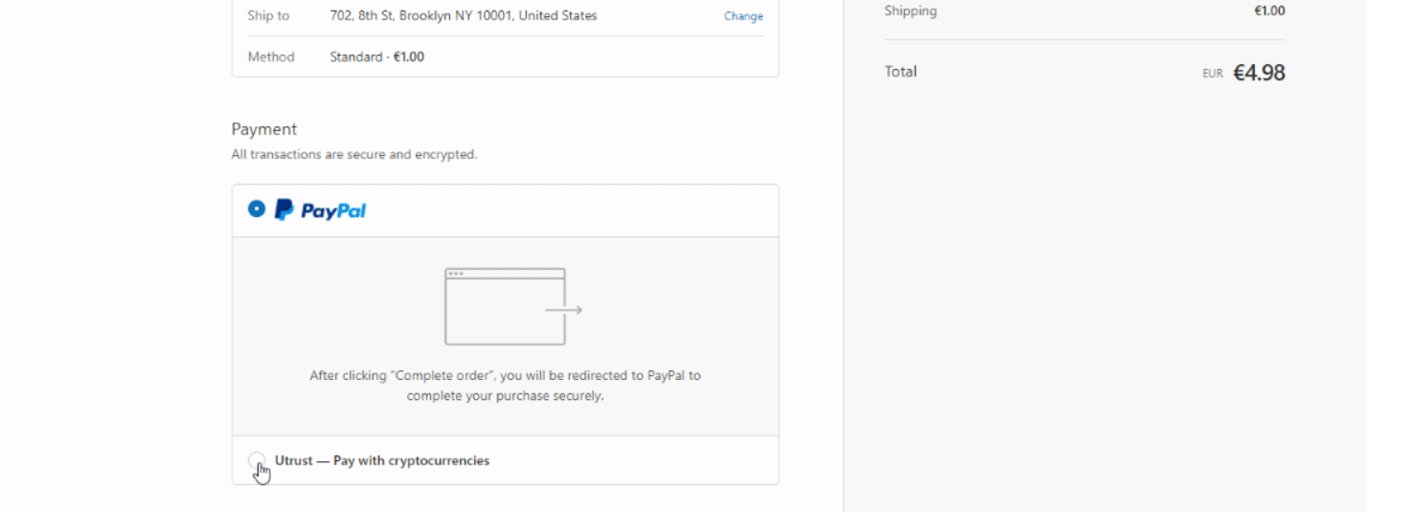
With the payment done, the customer is automatically redirected back to the store.
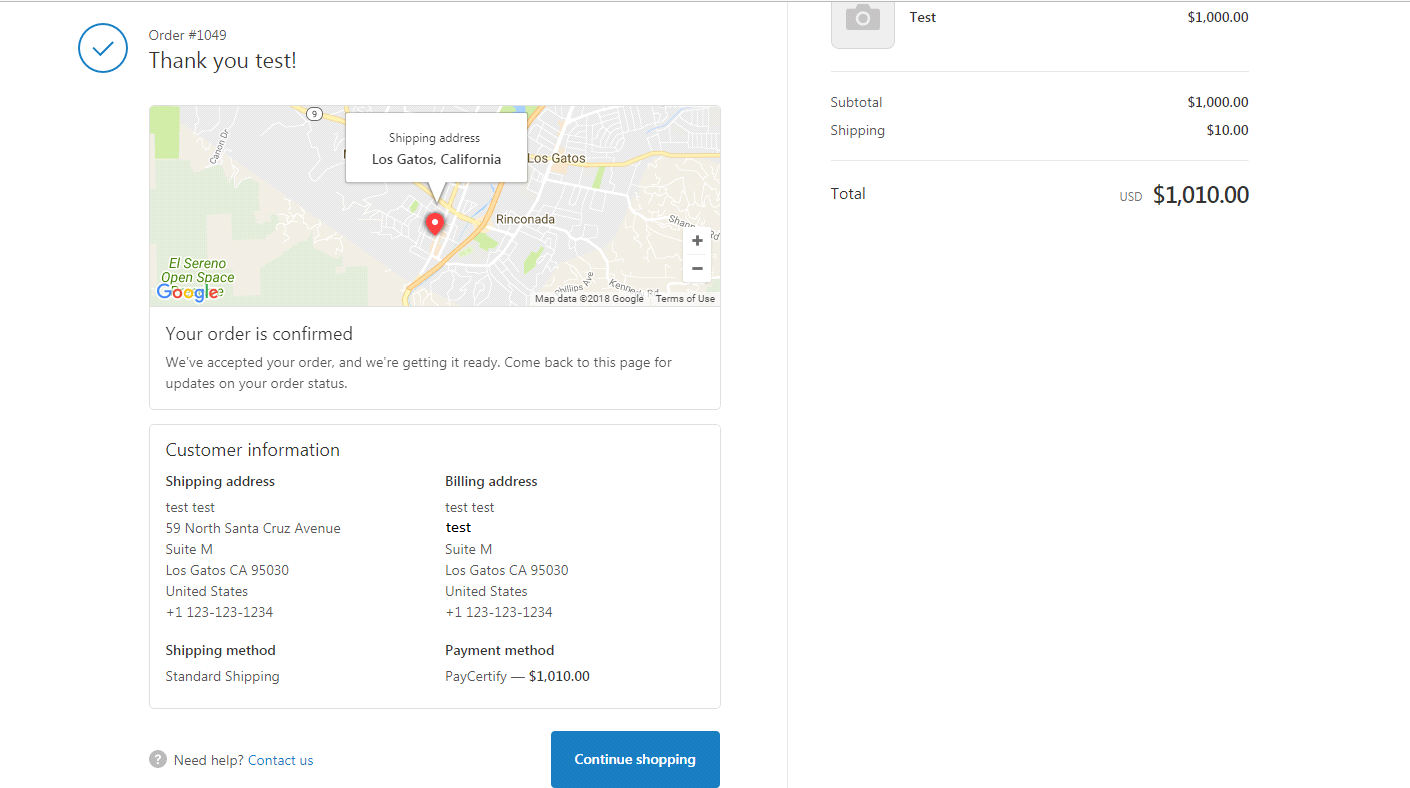
iii) Integrating Paycertify API
To make the merchant interface functional, we integrated Paycertify’s API to fetch relevant merchant data from their pay certify account into the app. The data is received using a PHP script that runs twice a day based on a cron job.
To make sure each merchant gets access to only his data, merchants are given an API Token while signing up for a Paycertify merchant account. They need to enter this API Token while installing the Shopify app into their stores.
The secure token lets the app differentiate between customers and show relevant data to the merchant.
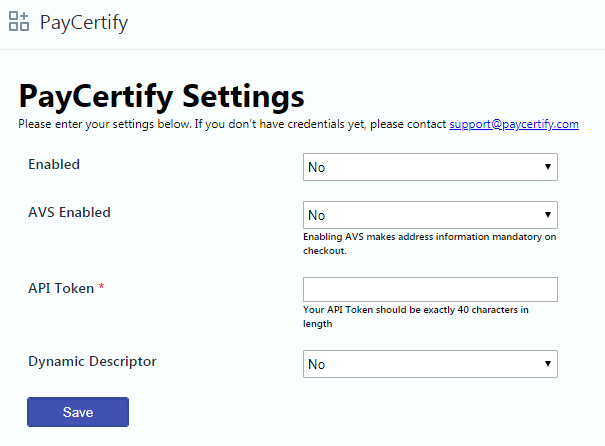
iv) Integrating Shopify API
Last but not the least, we integrated the Shopify store API with our app. It allowed us to listen to store updates such as:
- New order creation
- Request for payment
- Order cancellation etc.
Based on these events, the application suggests necessary actions required from the merchant’s end.
For instance, in an event of a refund request, the Shopify custom payment method allows the merchant to process a refund from his Paycertify account without leaving the Shopify dashboard.
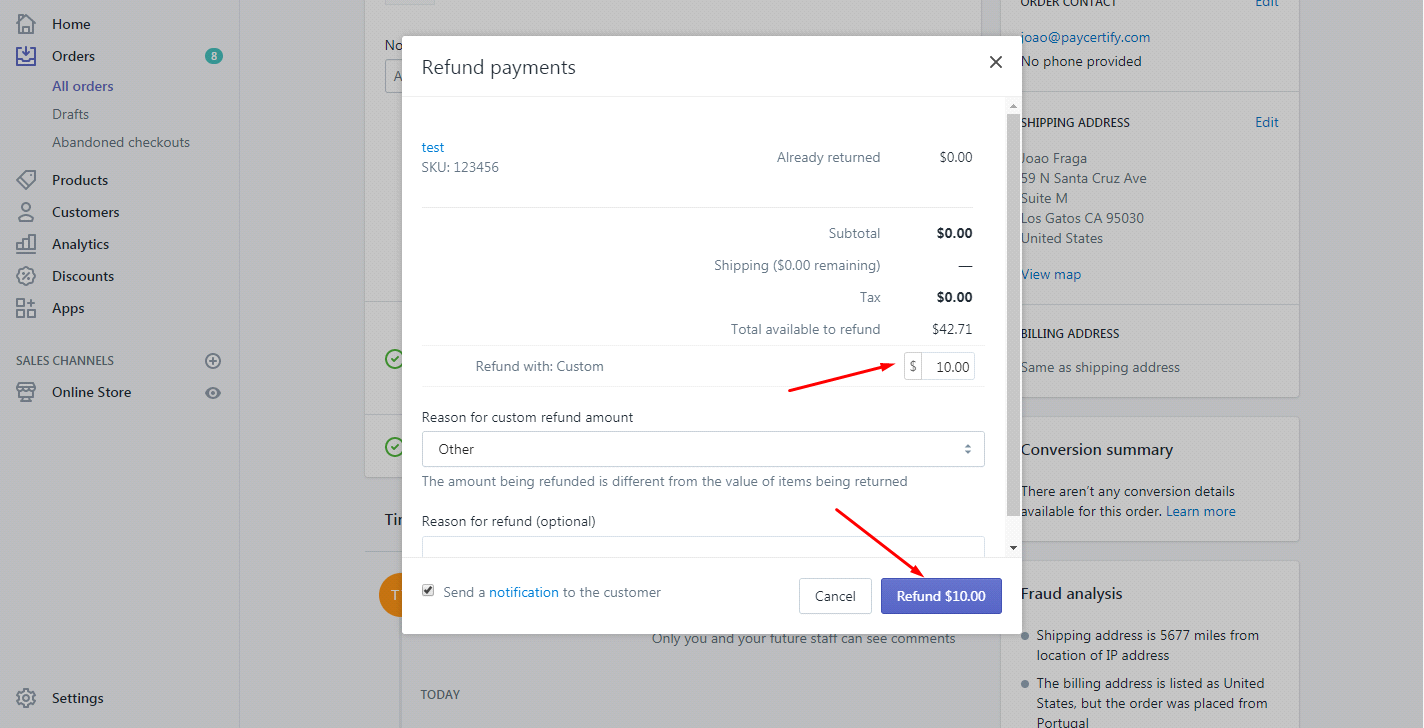
As of July 2021, the solution has been installed by 40+ global stores which speaks volumes about the growing demand for custom payment methods. Our Shopify experts have customized most of them for the clients’ stores.
Development Challenges While Building Shopify Custom payment Gateway Solution
Creating the custom payment gateway for Shopify wasn’t without overcoming some development issues. let’s find out.
1. API Integration Complexity
Integrating PayCertify’s API with Shopify required handling multiple endpoints for features like identity validation, fraud detection, refunds, and chargebacks. We implemented a modular API integration approach to handle different endpoints separately. Also, error handling mechanisms and API testing were conducted to ensure a secure connection between Shopify and PayCertify servers.
2. Security and PCI Compliance
Our priority was ensuring the custom payment gateway met PCI compliance and adhered to Shopify’s security guidelines. We used tokenization and data encryption techniques to secure transactions. We also followed Shopify’s security best practices to build a robust and compliant solution.
3. Creating a Custom Merchant Dashboard
Building a custom interface for merchants to manage their PayCertify accounts within Shopify posed a challenge. We developed the dashboard and embedded it in Shopify using an iFrame. We then connected the dashboard to PayCertify APIs to fetch and display merchant data directly within the Shopify admin panel.
4. Handling Multi-Currency and International Payments
PayCertify supports multi-currency payments. It required automatic currency conversion for accurate payment processing for global transactions. Our Shopify experts implemented real-time currency conversion APIs. It ensures the payment gateway adjusts for the customer’s local currency.
Frequently Asked Questions
Shopify Payments is only available in selected countries and comes with limited payment options. A custom payment gateway for Shopify is preferred when merchants want to:
1. Add unique payment methods
2. Expand to countries around the world
3. Reduce transaction fees
4. Offer customizable shopping experience
5. Enhance fraud prevention measures
The integration is highly secure. We follow PCI compliance, implement data encryption, and use tokenization to ensure confidential data is protected. Also, PayCertify provides real-time fraud prevention to reduce chargebacks.
Yes, absolutely. The Shopify custom payment gateway works seamlessly with concerned Shopify apps such as order management apps, Shipping apps, Accounting & Tax Apps, and Fraud Prevention Apps. Also, we can customize the API integration to ensure smooth compatibility with your store’s unique setup.
Selecting a payment gateway for Shopify is an important business choice. Here are some top third-party payment providers for Shopify:
1. Shopify Payments
2. PayPal
3. Stripe
4. Authorize.net
The cost to build a Shopify custom payment gateway depends on various factors, such as
1. The complexity of 3rd Party API integration
2. Custom interface development
3. Implementing security & compliance.
For a custom quote, please contact us.
Conclusion
PayCertify is certainly not one of its kind payment application for Shopify. There may be several other competitors claiming to enable Shopify apps with payment gateway. What makes Paycertify unique is how they realized the need of their audience and provided them with a plug-and-play solution.
A Shopify custom payment gateway will definitely provide a competitive edge to local payment gateway services by exposing them to merchants who are looking for effective solutions.
Are you looking to implement a custom payment method in Shopify? Then contact us to hire the best Shopify development team offshore and book your consultation today.
Stay Tuned for Latest Updates
Fill out the form to subscribe to our newsletter






